How Did We Get Here? The Tangled History of the Second Law of Thermodynamics
Stephen Wolfram
JANUARY 31, 2023
But he had a second hypothesis too—based, he said, on the ideas of “that most ingenious gentleman, Monsieur Descartes”: that instead air consists of “flexible particles” that are “so whirled around” that “each corpuscle endeavors to beat off all others”. And yes, in things like elastic collisions, this quantity did seem to be conserved.

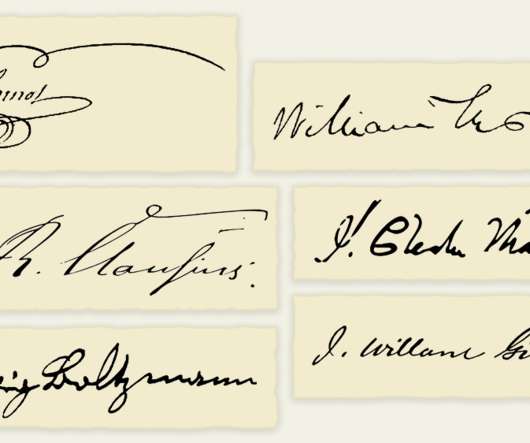
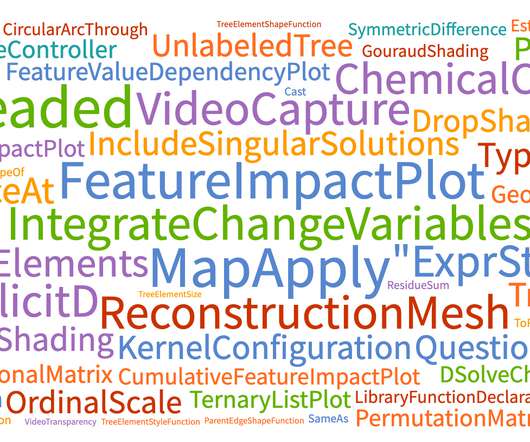
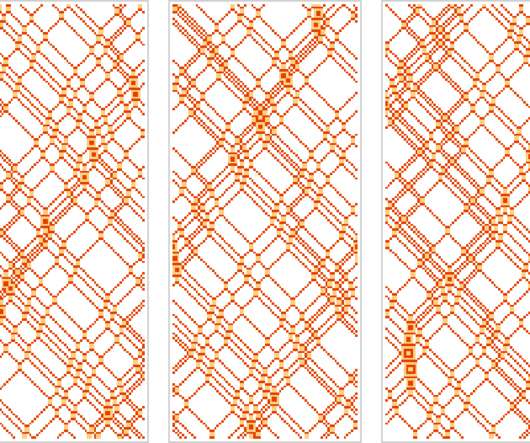
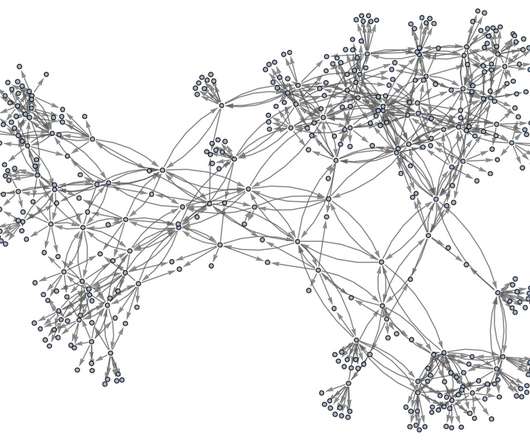
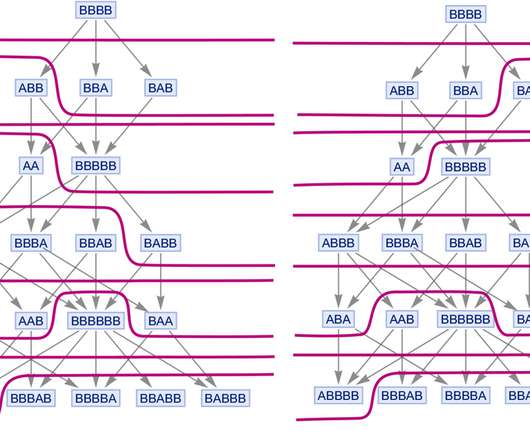
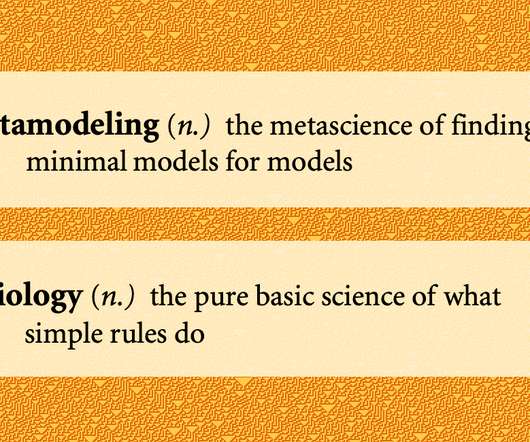






Let's personalize your content